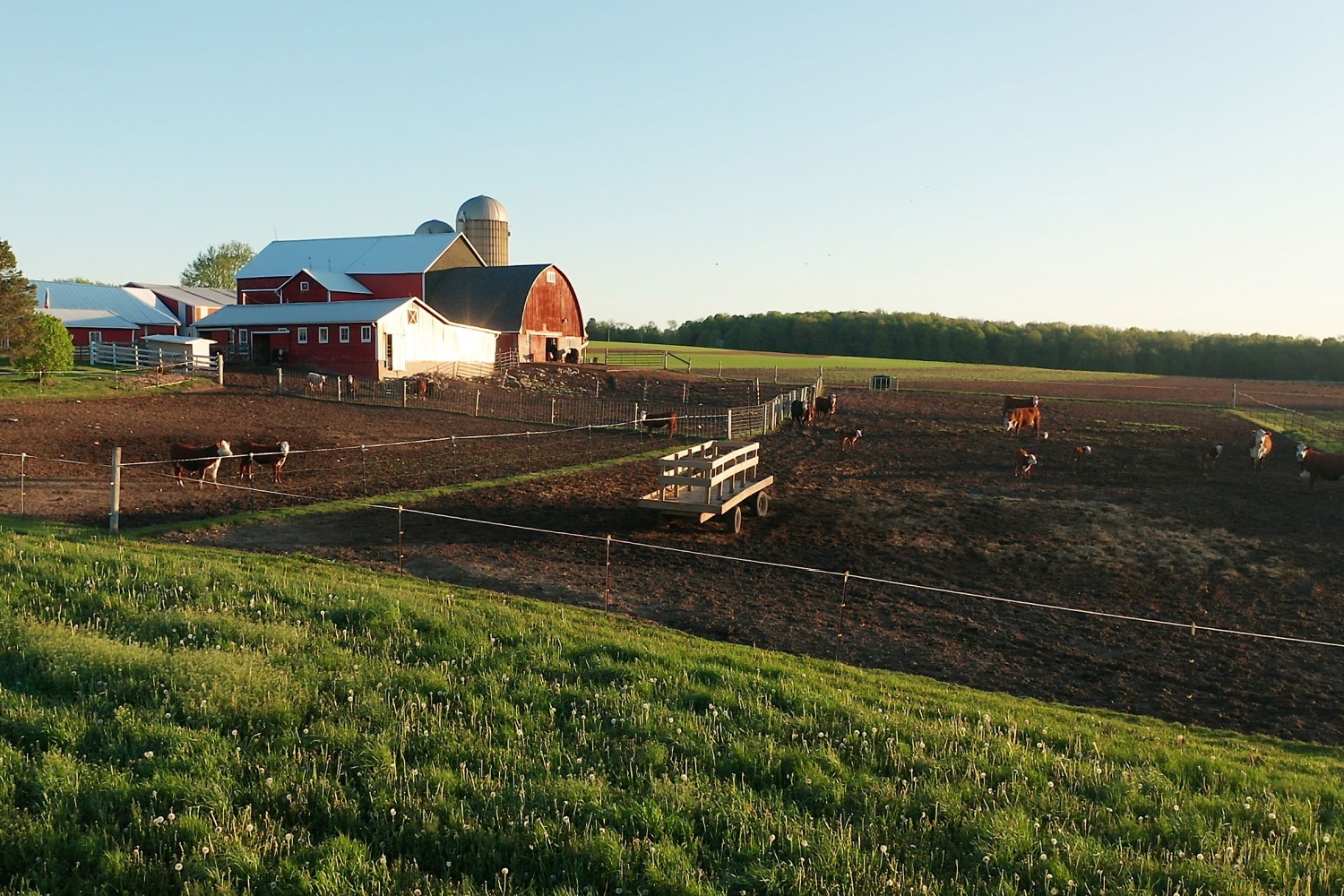Times have certainly changed as safety on the farm has never been so important. Scott Mahloch, Weapons of Mass Destruction Coordinator for the FBI in Milwaukee, Wisconsin, talks about the signs farmers should be aware of when it comes to potential agroterrorism.
“It goes back to see something, say something. Situational awareness. When I’m having these conversations at these major events, a common question I get is, ‘Why is the FBI here?’ And they don’t realize that the FBI has a role within the WMB program, protecting agriculture and protecting food. So that’s the first question I get, but the conversations, these one-on-one conversations, and letting them know what these vulnerabilities are and what to look for, whether it’s visitors on your farm, whether it’s technology, safeguarding that technology, there’s so much that people don’t realize that goes into farming.”
While he can’t talk about specific cases, Mahloch can discuss some common things the FBI stays mindful of.
“The insider threat is something that we continuously look at. There are pages and pages of insider threat indicators, whether it’s ideology, marital problems, money problems, whatever it is, it’s that person who has placement on the inside that knows how to best disrupt a process or best disrupt a method. So, you know, we do a lot of education on the insider threat and being that early intervention piece, having that conversation with an employee. If you’re working with somebody 40 hours a week, you’re going to know when that person is having a bad day. But what about when that person has two bad days, or a week or a month of bad days? When do you step in and have that conversation with that employee to get a better understanding of what’s going on? So, it’s important that we look at those insider threat indicators and approach when necessary.”
He urges farmers to take protecting their operations seriously, and the FBI offers many resources to help.
“So, when I attend these events, we have a lot of information that we bring with us, so it’s a combination of one-on-one conversations, and we hand out resources to them. Within those resources, there are websites. There are different things that they can use as a farmer, whether it’s intellectual property, whether it’s food defense, biosecurity, or the insider threat. There are a lot of different things that go into that. So, it’s not just one or two problems. There are a variety of issues that are out there that can ultimately affect them. So, it’s important that they understand the wide spectrum of issues. It’s not just somebody walking onto the farm or the contamination of food or beverage. There are a lot of other things that they need to realize that are out there that are also vulnerabilities.”
One of the best security systems is farmers watching out for each other’s operations.
“Awareness is the biggest part of that. I know talking to family farmers at the technology expo, they’re a very tight network. Their neighbors are also part of that protection piece, and they look out for each other, and I think that’s important to have those relationships. Again, small family farms are sometimes barely getting by, and security and safety measures when it comes to agricultural defense or food defense, a lot of times it’s an afterthought, if a thought at all. So, it’s important. You don’t have to spend a lot of money on security enhancements – different cameras and applications that are out there, things like that, or sensors that can send an alert to your phone. There are a lot of tools that are out there that they can certainly use.”


